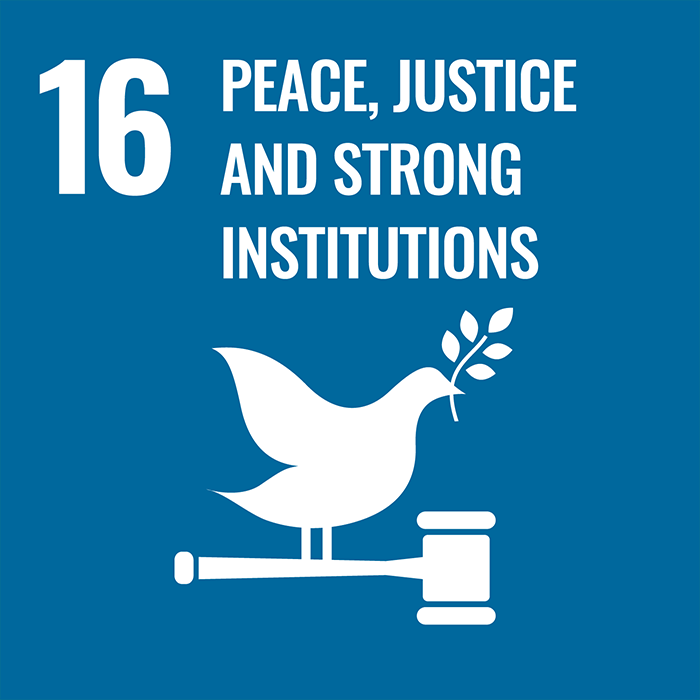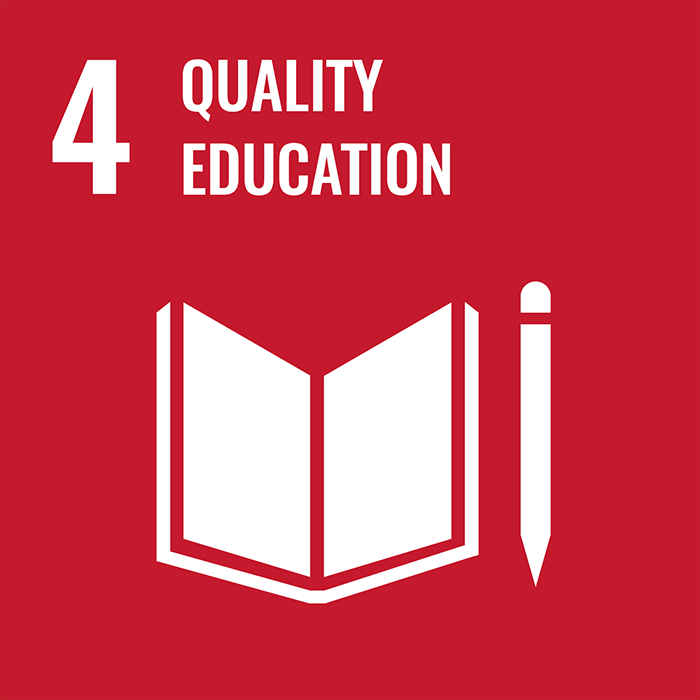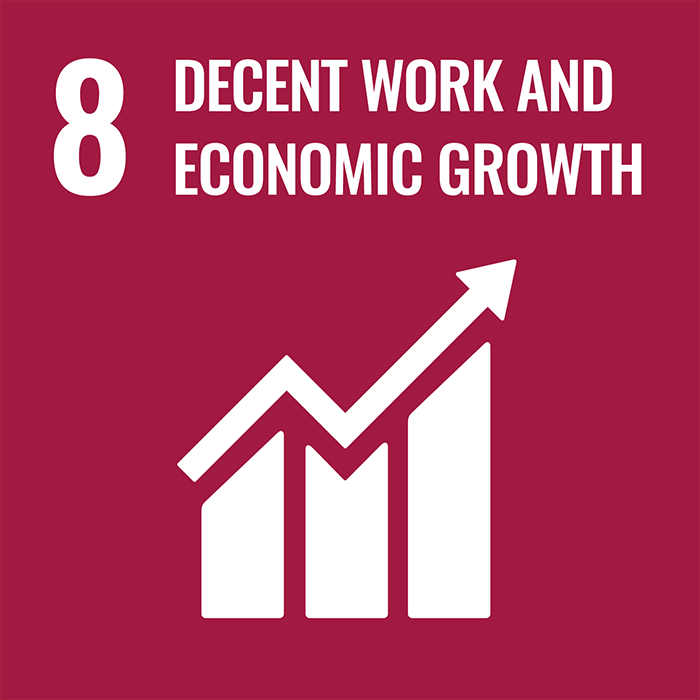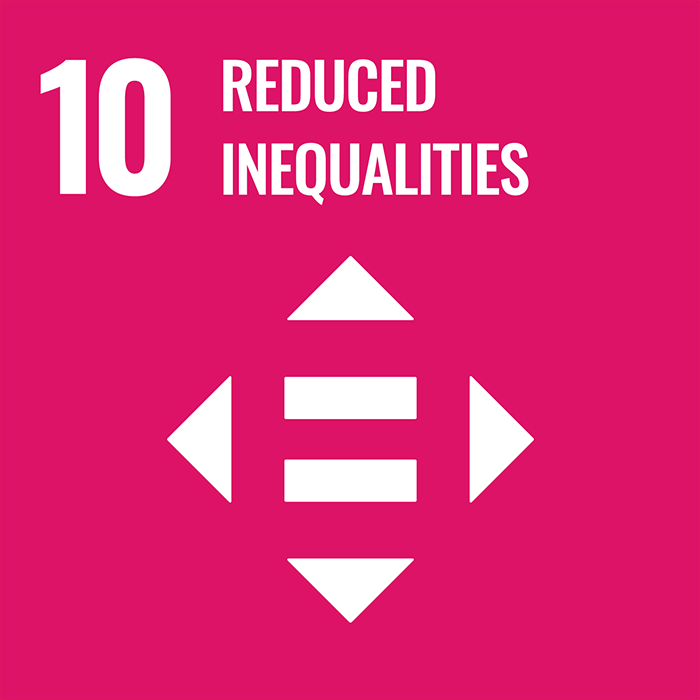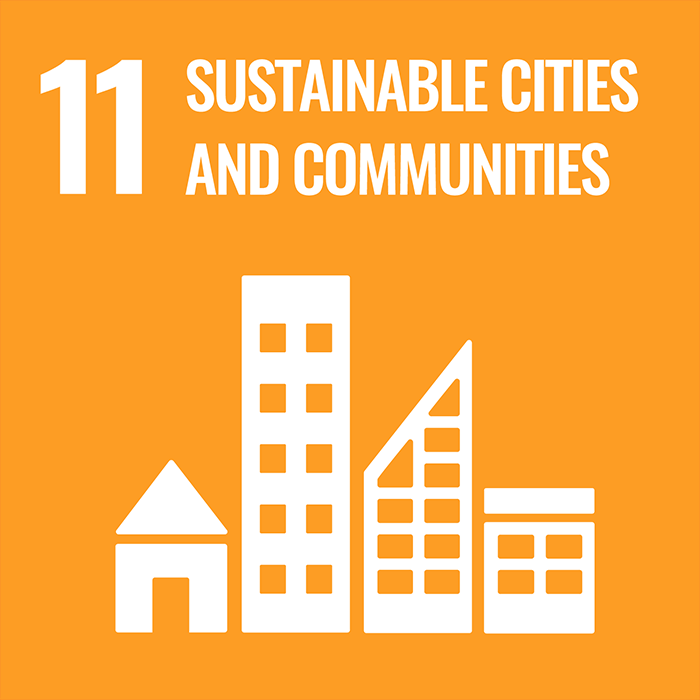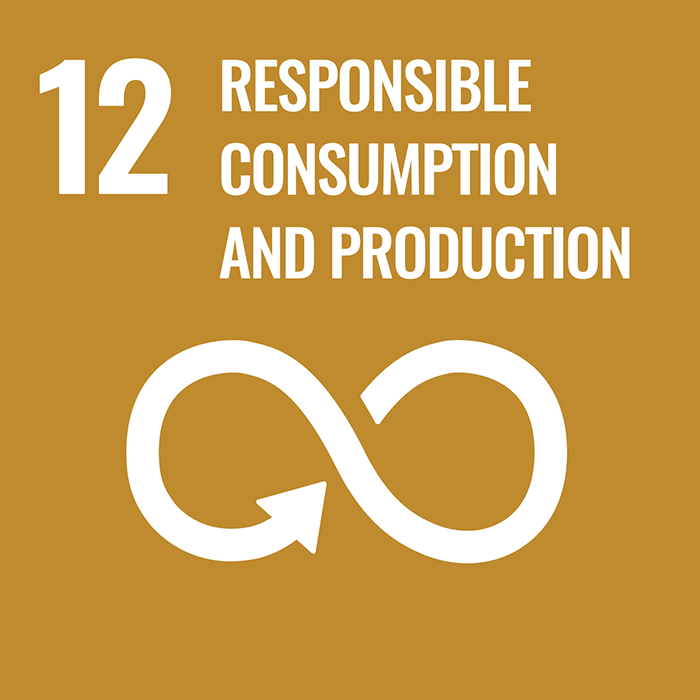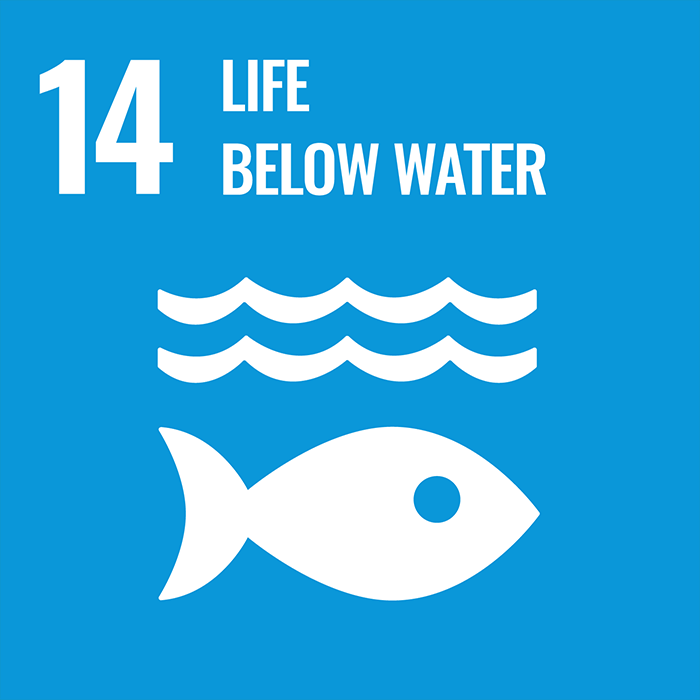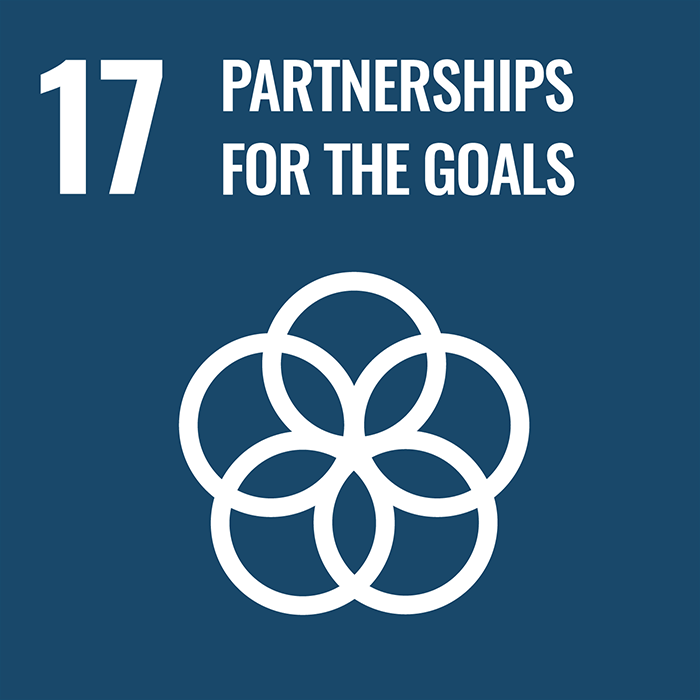UN SDG 16: Peace, justice and strong institutions
Promote peaceful and inclusive societies for sustainable development, provide access to justice for all and build effective, accountable and inclusive institutions at all levels
Our research

Governments and parliamentarians are confronting many difficult policy and societal challenges, from climate change to inequality, and ensuring the economy keeps pace with demographic and technological change.
The Centre for Public Policy is a commitment from the University of Glasgow to play our part in working with the policy community – locally, nationally and internationally – to access expertise and evidence and to devise the right tools to find solutions to the challenges they face. The centre builds collaboration between the research and policy community, by sharing evidence, nurturing skills, creating space for fresh thinking and preparing the next generation of policymakers.
The University has been awarded funding to establish a unique law clinic designed to increase access to justice in Scotland for complainers in sexual offences cases, through the provision of independent legal advice and representation by practising Scottish solicitors, without charge.
The first of its kind in the UK, the Emma Ritch Law Clinic will honour Emma Ritch, a pioneering campaigner for women’s rights and graduate of the University, who died in 2021.
As well as offering legal advice through a specially constituted legal practice unit, the Emma Ritch Law Clinic will offer innovative teaching to students, enabling the next generation of Scottish lawyers to gain critical legal and ethical skills. It will also produce valuable research, providing an insight into the difference that specialist legal advice and representation can make to complainers’ experiences of prosecution, and gather data to better understand why cases might fail to reach, or progress, through the criminal justice system.
Find out more
- Centre for Public Policy
- Emma Ritch Law Clinic to improve access to justice for sexual offence cases
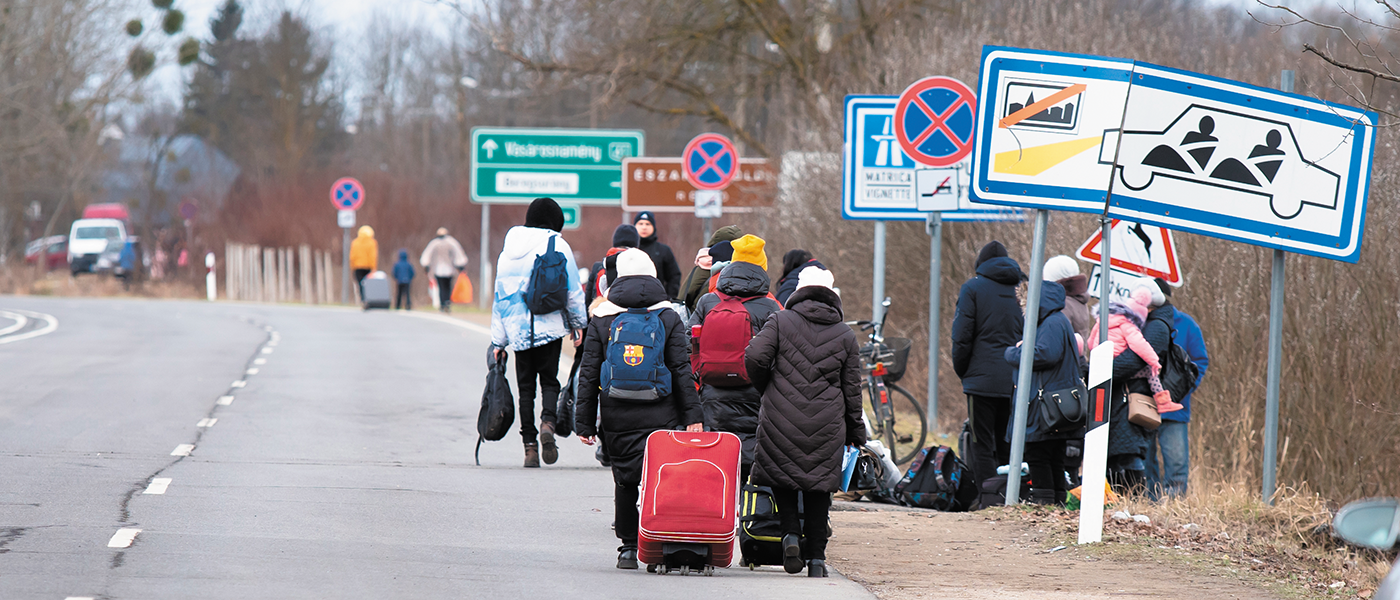
We are expanding the support available to refugees and asylum seekers by increasing the number of study opportunities for applicants seeking sanctuary in the UK for humanitarian reasons.
Learning & teaching

The Centre for Public Policy hosted the Cabinet Office for a Policy School on Data and AI. Over the week, experts from across the University shared their insights and research with Cabinet Office colleagues to build an understanding of AI and how it could impact public policy. Outreach training programmes of this nature are designed to help support the upskilling and capacity building of policymakers in areas of technology and explore the implications they have for wider economic and legal policy.
Find out more
University operations

At the University of Glasgow, we are committed to ensuring that background and life circumstance are never a barrier to higher education for the brightest minds. We aim to be an inclusive and welcoming campus where every member of our #TeamUofG community feels safe, respected and supported to fulfil their potential.
As part of the UK-Ukraine University #TwinforHope Initiative, in March 2023 the University of Glasgow and National University of Kyiv-Mohyla Academy (NaUKMA) were awarded £200,000 via Universities UK International to support research and innovation. This funding allowed the University of Glasgow to increase and strengthen its commitment to supporting the partnership with NaUKMA, to address research and innovation challenges and to provide access to new resources. The project continues; in June 2024, the University of Glasgow and NaUKMA received further funding to support research collaboration.
In December 2024, the University will host the ‘Reconstructing Gaza’ Conference. The aim of this conference is to consider how, through collaboration and collective action, we can support the reconstruction of the higher education sector in Gaza, providing both an immediate emergency response but also supporting the longer-term sustainability of the sector.
As seen throughout this report, our expertise is frequently sought by governments, and we have a dedicated and specialist Government Relations team who engage and connect the University, academics, practitioners and policymakers on some of the most urgent issues of our times. The University has led numerous events in the Scottish and UK Parliaments, from cross-party groups, briefings and receptions to engaging lawmakers and government on areas across learning and teaching, research and innovation.
Find out more
Civic engagement

Trailblazing academic Professor Alison Phipps continues her pioneering work in support of refugee rights with the renewal of her prestigious UNESCO Chair at the University.
The Chair, initially established in 2016 as the UNESCO Chair in Refugee Integration through Languages & the Arts, has been expanded to encompass education, reflecting Professor Phipps’ and her team’s vital role in educating on the issues faced by refugees and migrants.
The renewed Chair will now be officially known as the UNESCO Chair on Refugee Integration through Education, Language & Arts. This renewal recognises the important work Professor Phipps and her team have undertaken in using creative and educational approaches to support the integration of refugees and migrants not just in Scotland but across the world.


